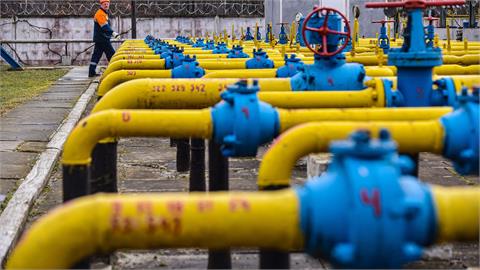China may cut quotas for refined oil products exports in a second batch for 2023 as domestic demand improves while the need to boost its economy through oil products abates, a Reuters survey showed.
A reduction in oil products exports from the world's second-largest refiner could help ease oversupply in gasoil markets, which has caused Asian refining margins to slump to a six-month low.
The second batch of quotas for gasoline, gasoil and jet fuel exports could range between 8 million and 12 million tonnes, the survey of four state refining sources and three consultancies showed.
That figure would be down from the first batch of 18.99 million tonnes, although up almost three times on the year, at the high end of the range for estimates, Reuters data showed.
"Refineries will be granted around 10 million tonnes of new export quotas in coming weeks, as they could use over 80% of 2023 quotas by the end of April," said Energy Aspects analyst Sun Jianan.
The quotas are typically issued only to state refiners Sinopec, PetroChina, Sinochem, CNOOC, China National Aviation Fuel Co and privately-owned Zhejiang Petrochemical.
It is unclear when the commerce ministry will notify the companies of their volumes in the second batch of quotas, although the second batch of volumes was issued in June last year.
Chinese refiners are expected to focus more on domestic sales, as their margins have improved while prices for diesel in Asian markets have dropped, traders said.
Domestic diesel prices are 270 yuan ($39.19) a tonne higher than export prices, a source at a state refinery said, which discourages exports.
Refiners are building stocks ahead of peak refinery maintenance later in second quarter in preparation for improving demand in the third quarter during summer, traders added.
With the economy improving mostly through domestic consumption activities this year, China's government will be less pressured to rely on oil product exports to boost economic growth, Sun said.



